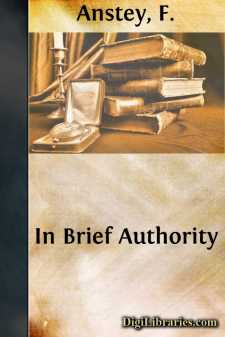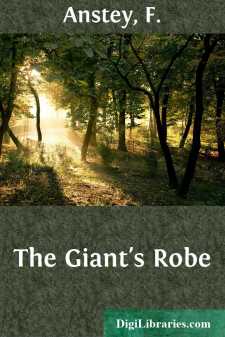Categories
- Antiques & Collectibles 13
- Architecture 36
- Art 48
- Bibles 22
- Biography & Autobiography 815
- Body, Mind & Spirit 144
- Business & Economics 28
- Children's Books 18
- Children's Fiction 14
- Computers 4
- Cooking 94
- Crafts & Hobbies 4
- Drama 346
- Education 58
- Family & Relationships 59
- Fiction 11835
- Games 19
- Gardening 17
- Health & Fitness 34
- History 1378
- House & Home 1
- Humor 147
- Juvenile Fiction 1873
- Juvenile Nonfiction 202
- Language Arts & Disciplines 89
- Law 16
- Literary Collections 686
- Literary Criticism 179
- Mathematics 13
- Medical 41
- Music 40
- Nature 180
- Non-Classifiable 1768
- Performing Arts 7
- Periodicals 1453
- Philosophy 65
- Photography 2
- Poetry 896
- Political Science 203
- Psychology 44
- Reference 154
- Religion 515
- Science 126
- Self-Help 85
- Social Science 83
- Sports & Recreation 34
- Study Aids 3
- Technology & Engineering 60
- Transportation 23
- Travel 463
- True Crime 29
Our website is made possible by displaying online advertisements to our visitors.
Please consider supporting us by disabling your ad blocker.
The Brass Bottle
by: F. Anstey
Description:
Excerpt
CHAPTER I
HORACE VENTIMORE RECEIVES A COMMISSION
"This day six weeks—just six weeks ago!" Horace Ventimore said, half aloud, to himself, and pulled out his watch. "Half-past twelve—what was I doing at half-past twelve?"
As he sat at the window of his office in Great Cloister Street, Westminster, he made his thoughts travel back to a certain glorious morning in August which now seemed so remote and irrecoverable. At this precise time he was waiting on the balcony of the Hôtel de la Plage—the sole hostelry of St. Luc-en-Port, the tiny Normandy watering-place upon which, by some happy inspiration, he had lighted during a solitary cycling tour—waiting until She should appear.
He could see the whole scene: the tiny cove, with the violet shadow of the cliff sleeping on the green water; the swell of the waves lazily lapping against the diving-board from which he had plunged half an hour before; he remembered the long swim out to the buoy; the exhilarated anticipation with which he had dressed and climbed the steep path to the hotel terrace.
For was he not to pass the whole remainder of that blissful day in Sylvia Futvoye's society? Were they not to cycle together (there were, of course, others of the party—but they did not count), to cycle over to Veulettes, to picnic there under the cliff, and ride back—always together—in the sweet-scented dusk, over the slopes, between the poplars or the cornfields glowing golden against a sky of warm purple?
Now he saw himself going round to the gravelled courtyard in front of the hotel with a sudden dread of missing her. There was nothing there but the little low cart, with its canvas tilt which was to convey Professor Futvoye and his wife to the place of rendezvous.
There was Sylvia at last, distractingly fair and fresh in her cool pink blouse and cream-coloured skirt; how gracious and friendly and generally delightful she had been throughout that unforgettable day, which was supreme amongst others only a little less perfect, and all now fled for ever!
They had had drawbacks, it was true. Old Futvoye was perhaps the least bit of a bore at times, with his interminable disquisitions on Egyptian art and ancient Oriental character-writing, in which he seemed convinced that Horace must feel a perfervid interest, as, indeed, he thought it politic to affect. The Professor was a most learned archæologist, and positively bulged with information on his favourite subjects; but it is just possible that Horace might have been less curious concerning the distinction between Cuneiform and Aramæan or Kufic and Arabic inscriptions if his informant had happened to be the father of anybody else. However, such insincerities as these are but so many evidences of sincerity.
So with self-tormenting ingenuity Horace conjured up various pictures from that Norman holiday of his: the little half-timbered cottages with their faded blue shutters and the rushes growing out of their thatch roofs; the spires of village churches gleaming above the bronze-green beeches; the bold headlands, their ochre and yellow cliffs contrasting grimly with the soft ridges of the turf above them; the tethered black-and-white cattle grazing peacefully against a background of lapis lazuli and malachite sea, and in every scene the sensation of Sylvia's near presence, the sound of her voice in his ears....








